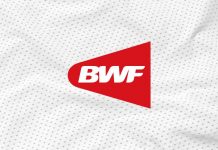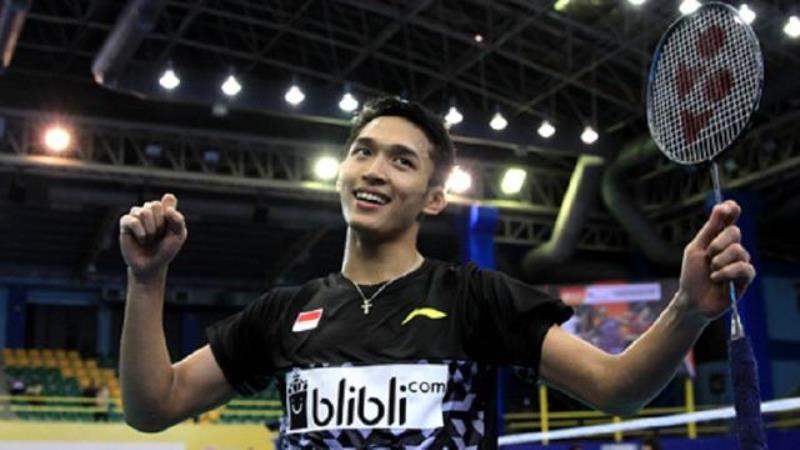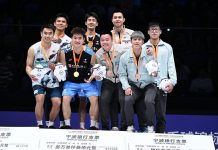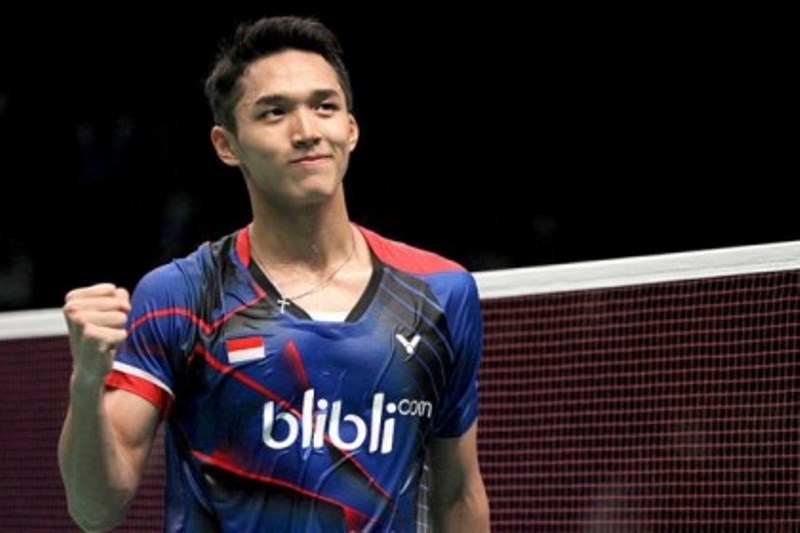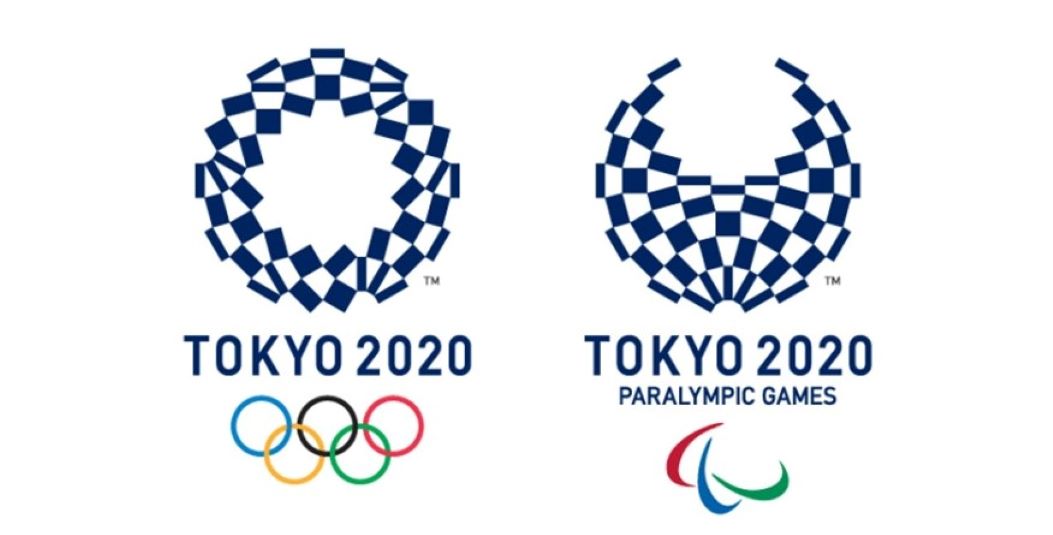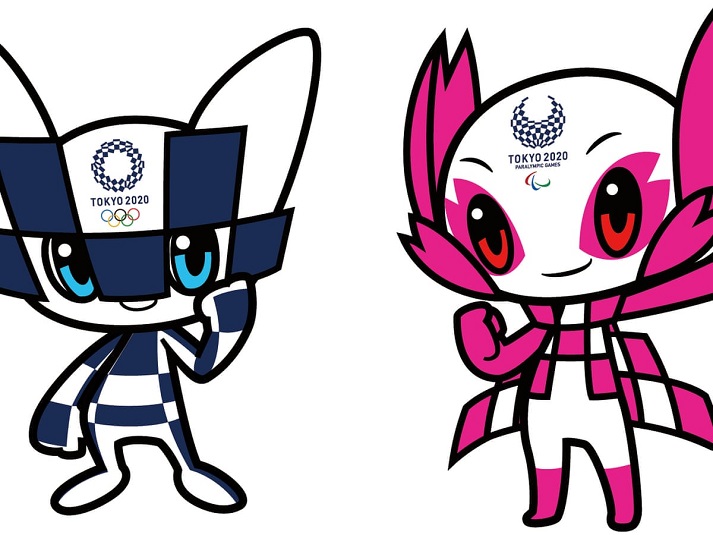 Malaysians were recently so excited about the achievements of our athletes competing in the Tokyo 2020 Olympics. With billions of eyeballs around the world glued onto the event, there is a huge opportunity for sponsors to showcase their products and services to the masses.
Malaysians were recently so excited about the achievements of our athletes competing in the Tokyo 2020 Olympics. With billions of eyeballs around the world glued onto the event, there is a huge opportunity for sponsors to showcase their products and services to the masses.
With the Olympics Games being one of the most prestigious sports events in the world, the Olympic symbol has become one of the most recognisable brands globally.
Inevitably, the Games attract many big brands seeking to increase their exposure to consumers from over 200 countries and are willing to fork out multi-millions of dollars to be granted the exclusive rights to use the Olympic Games-related intellectual property (IP) and to marketing and advertising opportunities.
Since Olympic sponsorship is expensive, some companies seek to avoid the financial obligations while still benefitting from the Olympic advertising spotlight by applying ambush marketing techniques.
Take German sportswear manufacturer, Puma for example. On March 24, 2020, on the day the Tokyo Olympics were announced to be postponed, Puma filed a trademark application to register “Puma Tokyo 2021” with the US Patent & Trademark Office (USPTO). The trademark application was subsequently refused by the USPTO because of its potential link to the event.
Puma’s action may be seen by IP practitioners as “playing with fire”, whereas its rivals would have defined the bold decision as the act of “attacking from a hidden position”.
Call it “piggyback marketing”, “parasite marketing” or “opportunistic advertising”, ambush marketing is here to stay. What Puma had up its sleeve is classic ambush marketing, for Puma is not an official Olympic sponsor.
With the Olympics taking place in Tokyo currently in full swing, this article will seek to define the term “ambush marketing”; how ambush marketing can lead to IP infringement; what are the remedies that an injured party (sponsors) can avail of and what lessons can be derived from ambush marketing from the perspective of intellectual property rights.
What is Ambush Marketing?
Ambush marketing is smart marketing because of its creative way to capitalise on big sporting events (think FIFA World Cup, Olympic, World Championship, SEA Games and even SUKMA). It saves money because while other brands are paying huge fees for the rights to be part of the sporting programmes, non-sponsors use this opportunity to connect their product with a particular event without having to pay sponsorship expenses, instead, it cashes in on the media hype.
There are two types of ambush marketing; direct ambushes vs indirect ambushes. Direct ambushes happen when the actual IP rights; e.g. trademark, copyright, etc. of the event organiser are used to create the false impression that they are associated with an event.
The more difficult cases to spot are indirect ambushes, ones in which ambush marketers capitalises on the event without the misuse of the event’s trademarks or without making a direct false claim of affiliation with the event – this can include buying advertising space near the event and distributing free branded merchandise to the people present in the sporting event, just to name a few.
How can ambush marketing lead to intellectual property infringement?
Although a pretty tactical technique, ambush marketing is also a pretty illegal marketing stunt.
When sports events are registered as trademarks, they become a brand in themselves, protected by the IP Code. Thus, by making it appear that their brands and products are affiliated with a major event or an athlete as a sponsor, ambush marketers commit trademark infringement of the rights of events as a brand in themselves. They cause “confusion as to sponsorship” – that is, as to the affiliation, connection, or association of the goods or services of a person to another as to its origin, sponsorship, or approval.
Suppose the Olympic Games are hosted as “Tokyo Olympic 2020” which is a registered trademark. Anyone who intends to promote their business interests using the Olympic rings which are the exclusive property of the International Olympic Committee but without the authority from the IOC and not being an official sponsor thereof would be liable for trademark infringement.
In the context of sports and sporting events, the following are recognised as intellectual property rights.
Copyrights:
Logos and mascots may be protected as “artistic works” whereas slogans may be protected as “literary works” and broadcasting rights
Trademarks:
Branding elements such as event names, team names, their respective logos, taglines, colour schemes, emblems, etc.
Industrial designs:
Protects the aesthetic design of the product, not the functionality. Examples are mascot design, merchandise, footwear, apparel, equipment.
Patents
Promotes innovation and technological advancement resulting in inventing sporting devices, nutritional supplements, sporting goods, sports drinks, etc.
It is important to note, however, that to seek recourse against IP infringements, it is thus necessary that an IP rights owner must have first registered his IP rights with the relevant IP Offices.
What are the remedies that an injured party or sponsors can avail of?
When a sponsor has paid dearly for exclusive advertising rights, it will want an immediate solution to prevent or stop a competitor from stealing that benefit and will look to the owner of the rights, the event organiser, to step in.
The single most important step a sponsor can take in anticipation of ambush marketing is to address it as a critical part of the sponsorship negotiation. Such steps can include, but are not limited to:
- Sponsorship agreement to impose obligations on the event organiser that includes protection for official sponsors;
- Pre-event publicity by the organiser stating that ambush marketing will not be tolerated. Use of these IP rights without any permission and/or in any unauthorised way is therefore punishable by law;
- Event organisers to launch educational campaigns to educate the public about the basics of intellectual property and ambush marketing.
If we see the laws made by different countries, we can see that a few countries have enacted strong laws against ambush marketing wherein prohibited acts include:
- Placement of an advertisement on the outskirts of an event;
- Alluding a protected event even if there is no proposal that the advertiser is a sponsor; and
- To bring a product to the attention of people who are interested in the event.
Whilst the laws are there to protect the integrity of the sporting event as well as to safeguard the interest of the sponsors, non-sponsors use ambush marketing to market their own products and services.
We have seen non-sponsors providing energy drinks, massages, consultancy etc. at the outskirts of the stadiums. This will give the impression to the audiences that these parties are indeed sponsors of the Games.
Whilst international sports organization like the IOC and sponsors take a serious look at this issue and try various ways to tackle it, unfortunately, ambush marketing has been there and unfortunately will continue to haunt them. Therefore, it is prudent for sponsors to have a holistic look at why they are sponsoring a sporting event, what they aim to achieve and who are the possible competitors who may conduct ambush marketing.
Conclusion
The protection against ambush marketing is one of the most crucial aspects of IP rights in the sports sector. Although it is inevitable that event organisers will not be able to stop all ambush marketing efforts, the positive takeaway is as evident from the ongoing efforts to stop ambushers, where it encourages organisers and sponsors to work harder to thwart intellectual property violations and raises awareness of IP rights globally – a long term benefit to all IP owners.
About Adipven
As one of Asia’s most established and leading boutique intellectual property and commercialisation (IP & C) firms, Adipven is headed by Managing Director, Ramakrishna Damodharan and a team of IP attorneys specialising in Malaysian patent, copyright, trademark, industrial design, as well as experts in commercialisation.
From its offices in Kuala Lumpur, all clients’ IP & C matters are coordinated in Asian countries including Brunei, Singapore, Thailand, Indonesia, Vietnam, the Philippines and India. Adipven was awarded the Leading Advisor of the Year for Malaysia Acquisition International, the United Kingdom in 2013 & 2014. For more info, visit Adipven’s website at https://www.adipven.com/en/.








